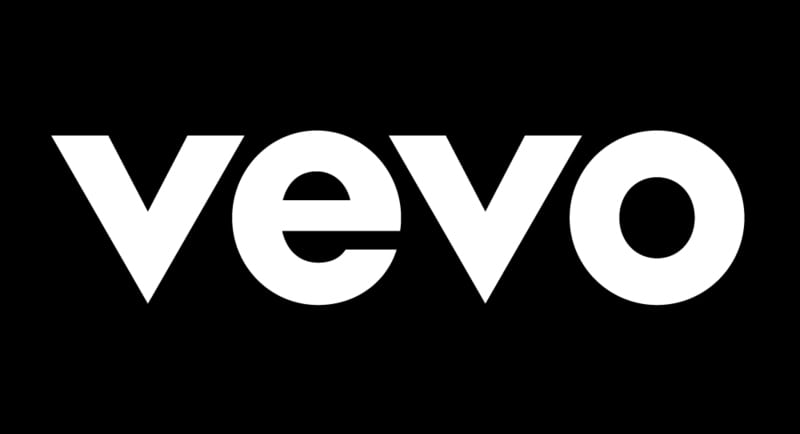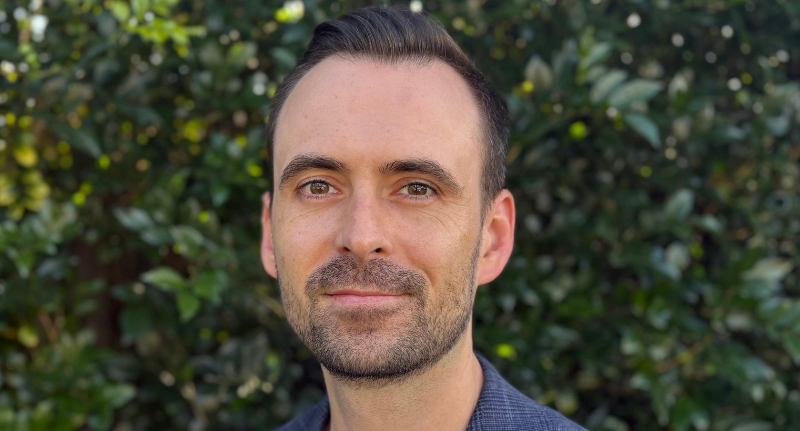In a country long defined by its love affair with sport, new research from Vevo suggests Australia has undergone a major cultural pivot.
According to the music video network’s Fandom = Cultural Currency report, music has now overtaken sport as the number one passion point for Gen Z Australians, with 50 per cent of 18 to 24-year-olds identifying with music fandoms, compared to just 31 per cent for sport.
“This shift is significant in a stereotypically sports-obsessed nation,” Tim O’Connor, Vevo’s General Manager Sales, APAC told Mediaweek in an exclusive interview. “For Aussie Gen Z, music is more than a soundtrack, it’s how they connect, discover and make sense of culture. And crucially, it’s where brands need to show up.”
O’Connor, who recently stepped into the APAC leadership role after five years at Vevo, said the findings reinforce the network’s mission to help brands connect with music lovers in culturally meaningful ways, and this mark’s the first stage in his new leadership role.
“For me, it’s a natural step,” he said. “I’ve got a great team behind me, and I’m excited to continue growing our APAC expansion.”
“Fandom isn’t just a marketing buzzword anymore,” he said. “It’s the new cultural currency, and the way brands engage with it will define how they stay relevant to the next generation of Australians.”
What’s in the research?
The Vevo report, based on a global survey of 6,000 fans across Australia, the US and UK, reveals that 96 per cent of respondents identify as part of a fandom and nine in ten say fandom plays a defining role in their identity.
“I probably see it as generational and potentially permanent,” said O’Connor. “If you look at broader context around sports participation rates, they’re on the decline nationally. Music has become that more unified cultural connector for youth.”
“No marketer is going to be shocked that more and more content is being consumed online,” he acknowledged. “The rise of ad-supported streaming and BVOD is a huge part of the media mix now for most major Australian advertisers.”
“This audience is digital-native and highly engaged, but you won’t find them in the usual places,” he added. “They simply consume content in very different ways to generations of the past.
Social media effect
“Artists drive trends on TikTok because they’re the ultimate influencers,” he said. “But for those fans that discover music there, we provide that deep-dive experience, the professionally-produced video, the fashion, the style.
“You don’t get that from a UGC-centric platform, so we absolutely see benefits of that as they search for more content.”
“We offer something different from an advertising perspective, and we see platforms like TikTok as totally complementary to the fandom experience.”
“Networks like Vevo are where fans are watching, interacting and forming emotional connections with artists and communities.”
“Vevo’s research found that 69 per cent of global fans are more likely to spend with brands that support their communities, while two in three fans are more likely to remember and engage with ads that appear around their favourite music videos.
“Attention continues to be a hot topic within media, and rightfully so,” said O’Connor. “That ability to recall and remember the ads that appear around your favourite content is increasingly important.
“Two in three fans are more likely to spend money with brands that surround their favourite music videos as well.”

For marketers wary of complexity or cost, O’Connor stressed that effective fandom marketing doesn’t have to be expensive.
“We offer brands access to culturally rich content that resonates with nearly 12 million Australians,” he said. “In our case, we do exclusively sell video pre-roll, and we purposely have a low ad-load because we want to provide a fair-value exchange for our consumers.
“So if you’re a brand or you’re a media planner buyer, and you want to foster an alignment to a major artist or brand, Vevo, can do that in a very effective way.”
O’Connor noted that while sports sponsorships remain powerful, they can be cost-prohibitive. “Music, I think, provides a much lower cost barrier to entry than sport,” he said. “But you’re not compromising on reach.
“Sports sponsorships are incredibly expensive, with elements of exclusivity that can price out advertisers or box them out due to category restrictions,” he said.
“We reach 11.7 4 million Australians a month, so it’s a mass reaching audience. It’s not as if sports in Australia reaches those kind of numbers.”

